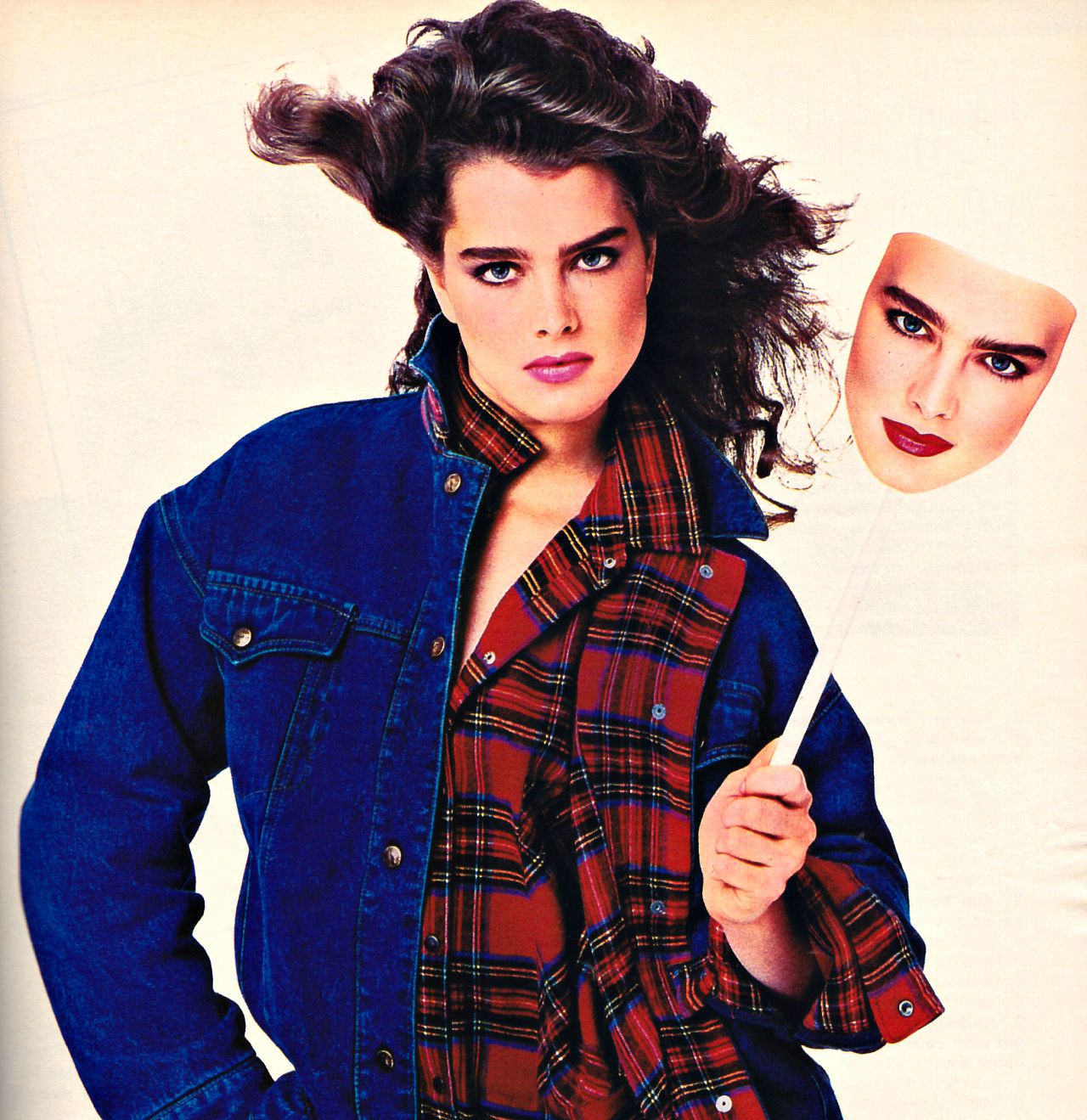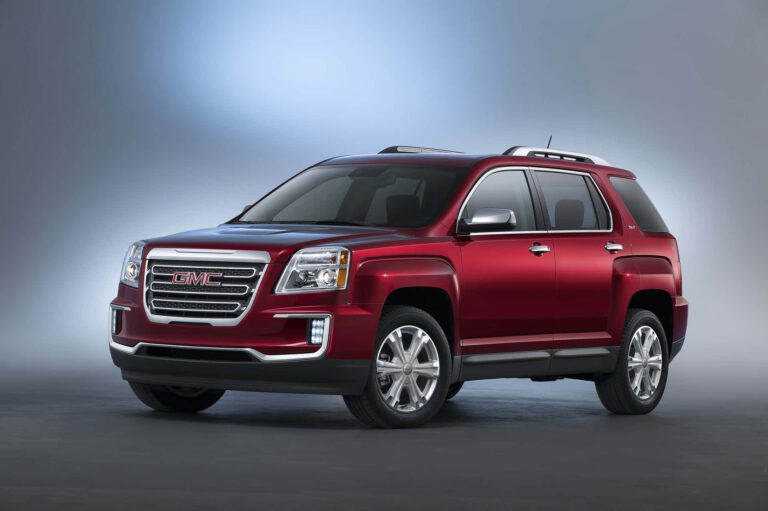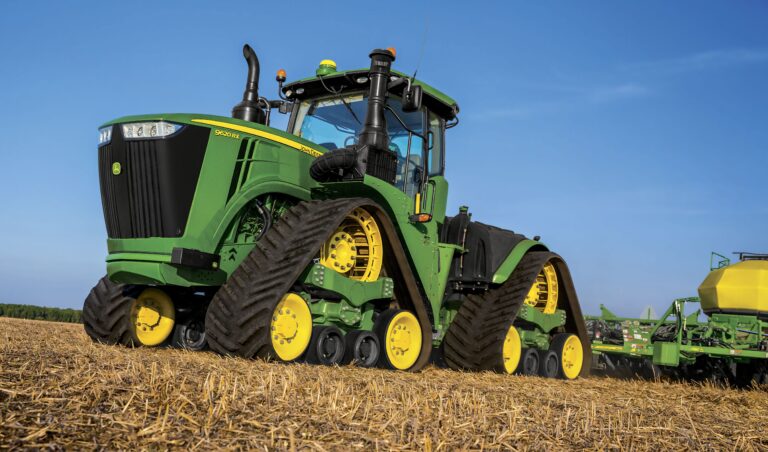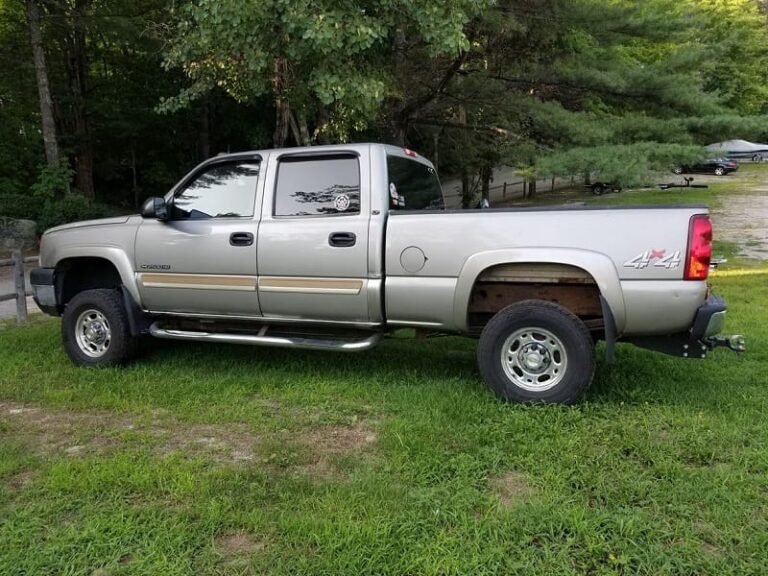1980s Chevy Trucks For Sale Near Me: A Comprehensive Guide to Finding Your Classic Ride
1980s Chevy Trucks For Sale Near Me: A Comprehensive Guide to Finding Your Classic Ride cars.truckstrend.com
The roar of a small block V8, the unmistakable square lines, and the rugged dependability – the 1980s Chevy truck holds a special place in the hearts of automotive enthusiasts and practical drivers alike. These weren’t just vehicles; they were workhorses, family haulers, and symbols of an era. Today, the search for "1980s Chevy Trucks For Sale Near Me" isn’t just about finding transportation; it’s about connecting with a piece of American automotive history, embracing a simpler mechanical age, and often, embarking on a rewarding restoration or customization project.
This comprehensive guide will navigate you through the world of 1980s Chevrolet trucks, helping you understand their enduring appeal, where to find them, what to look for, and what to expect when you finally get behind the wheel of your own slice of the ’80s.
1980s Chevy Trucks For Sale Near Me: A Comprehensive Guide to Finding Your Classic Ride
The Enduring Appeal of 80s Chevy Trucks
The 1980s ushered in the final iteration of the "Square Body" generation (1973-1987), followed by the more aerodynamic GMT400 series (starting in late 1987 for the 1988 model year). When most people refer to an ’80s Chevy truck, they’re often thinking of the iconic C/K series from 1980-1987. Their popularity stems from several key factors:
- Nostalgia and Iconic Styling: For many, these trucks evoke memories of childhood, simpler times, or the vehicles their parents or grandparents drove. The clean, utilitarian lines of the Square Body design are timeless, lending themselves equally well to a work-truck aesthetic or a custom, lowered street cruiser.
- Simplicity and Maintainability: Unlike modern trucks laden with complex electronics, 80s Chevys are mechanically straightforward. This makes them relatively easy and affordable to work on for the home mechanic, and parts are widely available and often inexpensive.
- Robust Powertrains: The era relied heavily on Chevrolet’s legendary Small Block V8s (305, 350 cubic inches) and the big-block 454 V8, known for their durability and ample torque. Inline-six engines were also common and equally robust. These engines, paired with reliable automatic (TH350, TH400, 700R4) or manual (SM465) transmissions, were built to last.
- Versatility: From basic work trucks (C10, C20, C30) to comfortable daily drivers (Silverado trim), and formidable off-roaders (K-series 4x4s), these trucks could do it all. This versatility means there’s a model to fit almost any need or desired project.
- Investment Potential: Well-maintained or restored examples are steadily appreciating in value, making them not just a fun purchase, but potentially a wise financial one too.

Identifying the Right 80s Chevy Truck for You
Before you begin your search for "1980s Chevy Trucks For Sale Near Me," it’s crucial to understand the different models and configurations available to pinpoint what best suits your needs and budget.
- Model Designations (C/K Series):

- C-Series: Denotes 2-wheel drive (e.g., C10, C20, C30).
- K-Series: Denotes 4-wheel drive (e.g., K10, K20, K30).
- 10/1500: Half-ton trucks (most common for daily driving/light duty).
- 20/2500: Three-quarter-ton trucks (heavier duty, often with 8-lug wheels).
- 30/3500: One-ton trucks (heavy duty, dually options available).

- Body Styles:
- Regular Cab: The most common, single row of seating.
- Extended Cab (Club Cab): Rare, but available in later models, offering a small rear bench.
- Crew Cab: Very rare, mostly special order or military, four full doors.
- Fleetside: The most common bed style, with smooth, flat sides.
- Stepside: A narrower bed with external fender wells and a step behind the cab.
- Powertrains:
- Engines: 250 cubic inch Inline-6 (reliable, fuel-efficient), 305 V8 (common, decent power), 350 V8 (most popular, excellent for power and aftermarket support), 454 V8 (big block, high torque, less common in 1/2 tons). Diesel options (6.2L V8) were also available.
- Transmissions: TH350 (3-speed auto), TH400 (heavy-duty 3-speed auto), 700R4 (4-speed auto with overdrive, better for highway fuel economy), SM465 (heavy-duty 4-speed manual), NV3500 (5-speed manual, less common in early 80s).
- Trim Levels (from basic to luxurious):
- Custom Deluxe: Base model, no frills.
- Scottsdale: Mid-range, some creature comforts.
- Cheyenne: More chrome and interior amenities.
- Silverado: Top-tier, featuring plush interiors, power options, and extensive trim.
- Condition vs. Budget: Decide if you want a ready-to-drive daily driver, a weekend project truck, or a fully restored showpiece. This will significantly impact your search and budget.
Where to Find 1980s Chevy Trucks "Near Me"
The phrase "near me" implies proximity, and while local searches are important, don’t limit yourself too strictly. Sometimes the perfect truck is a few hours away.
- Online Marketplaces (Most Effective):
- Craigslist & Facebook Marketplace: Excellent for local, private party sales. Use specific keywords like "Chevy C10 1980," "K20 80s," "Squarebody pickup," and filter by location. Set up alerts for new listings.
- eBay Motors: Great for broader searches, often with more detailed listings and photos. Many sellers offer shipping, but verify the vehicle in person if possible.
- Dedicated Forums & Social Media Groups: Join Facebook groups like "Squarebody Syndicate," "1973-1987 Chevy Trucks," or model-specific forums. Many trucks are sold directly within these communities.
- Classic Car Marketplaces: Sites like ClassicCars.com, Hemmings, and AutoTrader Classics often feature higher-end or professionally restored vehicles, but sometimes you find hidden gems.
- Local Avenues:
- Word of Mouth: Tell friends, family, and local mechanics you’re looking. You’d be surprised what’s sitting in someone’s backyard.
- Local Classifieds & Community Boards: Less common now, but still worth a look.
- Car Shows & Swap Meets: Attend local classic car shows. Owners are often keen to talk about their vehicles, and some might be looking to sell. Swap meets are treasure troves for parts and sometimes complete vehicles.
- Specialty Dealerships/Restoration Shops: Some dealerships specialize in classic trucks. While prices might be higher, the vehicles are often vetted and sometimes come with warranties.
- Auctions:
- Local Auto Auctions: Public auctions can offer great deals, but due diligence is critical as vehicles are sold "as-is."
- Online Classic Car Auctions (e.g., Bring a Trailer, Mecum Auctions): Feature high-quality, often meticulously documented vehicles, but competition is fierce, and prices reflect that.
Practical Tip for "Near Me": When searching online, start with a 50-mile radius, then expand to 100, 250, or even 500 miles. Use map features on listing sites to visualize distances. The perfect truck might be a short road trip away!
What to Look For When Inspecting an 80s Chevy Truck
Once you’ve found a promising lead, a thorough inspection is paramount. Don’t let nostalgia blind you to potential problems.
- Rust (The #1 Enemy): This is the most critical area. Check:
- Cab Corners & Rocker Panels: Extremely common rust spots.
- Fenders (especially lower sections) & Wheel Wells: Look inside the wheel wells.
- Bed Floor & Supports: Check underneath the bed for rusted crossmembers.
- Frame: Inspect the entire frame for cracks, heavy surface rust, or areas that look patched. Pay attention to body mounts.
- Door Bottoms & Inner Door Skins: Open the doors and look at the seams.
- Windshield & Rear Window Channels: Water collects here, leading to rust.
- Engine & Drivetrain:
- Leaks: Look under the truck for oil, transmission fluid, coolant, or power steering fluid leaks.
- Startup: Listen for strange noises (knocks, ticks, rattles), excessive smoke from the exhaust (blue for oil, white for coolant, black for rich fuel).
- Test Drive:
- Engine: Does it idle smoothly? Accelerate without hesitation? Maintain temperature?
- Transmission: Does it shift smoothly through all gears (including overdrive if applicable)? No slipping or harsh jerks.
- Brakes: Does it stop straight? Is the pedal firm? Any grinding or squealing?
- Steering & Suspension: Is there excessive play in the steering wheel? Does the truck wander? Listen for clunks or squeaks over bumps.
- 4×4 System (if applicable): Engage 4-wheel drive. Does it work? Any grinding?
- Interior:
- Dash: Cracks are common due to sun exposure.
- Seats: Rips, tears, sagging foam.
- Gauges & Electrical: Test all lights, wipers, horn, radio, power windows (if equipped), and HVAC system.
- Odor: Musty smells can indicate water leaks or mold.
- Exterior & Body:
- Panel Alignment: Look for inconsistent gaps between body panels, which can indicate accident damage or poor repairs.
- Paint: Check for bubbling (underlying rust), overspray, or mismatched colors.
- Glass: Chips or cracks.
- Tires: Check tread depth and age (indicated by DOT date code).
- Paperwork:
- Clean Absolutely essential. Verify the VIN on the title matches the truck’s VIN.
- Maintenance Records: A huge bonus if the owner has them.
Common Issues and Potential Challenges
While 80s Chevy trucks are robust, they’re not without their quirks or common age-related issues:
- Rust: As mentioned, this is the biggest battle. Be realistic about what you can repair or what you’re willing to pay to fix.
- Carburetor Woes: If the truck still has its original carburetor, it might require frequent tuning, especially if it sits for long periods. Many owners opt for EFI conversions for improved reliability and fuel economy.
- Electrical Gremlins: Aging wiring, corroded grounds, and worn switches can lead to intermittent electrical issues.
- A/C System: Many older trucks still use R12 refrigerant, which is no longer available. Converting to R134a or a full system overhaul is often necessary.
- Worn Suspension/Steering Components: Ball joints, tie rods, and steering box wear are common, leading to loose steering or clunking noises.
- Fuel System: Old rubber fuel lines can crack, and fuel tanks can rust internally.
Tips for a Successful Purchase
- Set a Realistic Budget: Don’t just budget for the purchase price. Factor in immediate repairs, routine maintenance, insurance, registration, and potential upgrades.
- Bring a Knowledgeable Friend or Mechanic: A second, objective pair of eyes, especially someone familiar with these trucks, is invaluable.
- Don’t Rush: There are many 80s Chevy trucks out there. If one doesn’t feel right, walk away.
- Haggle Respectfully: Most private sellers expect some negotiation. Do your research on comparable sales.
- Get Insurance Quotes: Classic car insurance can be surprisingly affordable, but check before you buy.
- Plan for Transport: If buying a non-running or project truck, arrange for towing.
Estimated Price Table for 1980s Chevy Trucks (C/K Series)
Prices for 1980s Chevy trucks vary wildly based on condition, mileage, engine, transmission, 2WD/4WD, body style, trim level, and geographic location. This table provides a general range.
| Condition Category | Description | Price Range (USD) | Key Factors Influencing Price |
|---|---|---|---|
| Project Truck | Non-running, significant rust, major mechanical issues, incomplete. | $1,000 – $5,000 | Severity of rust, completeness, title status, engine/transmission included. |
| Driver Quality | Runs and drives, but needs work. Minor rust, worn interior, mechanical issues. | $5,000 – $12,000 | Engine/transmission health, minimal frame rust, cosmetic needs, 2WD generally cheaper than 4WD. |
| Good Condition | Reliable daily driver, minimal rust, solid mechanics, decent interior/paint. | $12,000 – $25,000 | 350 V8/700R4, no major issues, good tires, working accessories, well-maintained. |
| Restored/Show Quality | Professionally restored or meticulously maintained, near-perfect condition. | $25,000 – $60,000+ | Quality of restoration, rare options, desirable engine/trans (e.g., big block), awards/provenance. |
Note: These are general estimates. Highly desirable models (e.g., short bed C10s, K5 Blazers) or trucks with rare factory options can command higher prices. Prices also tend to be higher in areas with less rust (e.g., California, Arizona) and in major metropolitan areas.
Frequently Asked Questions (FAQ)
Q: Are 1980s Chevy trucks reliable for daily driving?
A: Yes, many 80s Chevy trucks, especially those with 350 V8s and 700R4 transmissions, can be very reliable daily drivers if well-maintained. The key is finding one that has been cared for and addressing any deferred maintenance.
Q: What’s the difference between C and K series trucks?
A: "C" denotes 2-wheel drive (2WD), and "K" denotes 4-wheel drive (4WD). So, a C10 is a 2WD half-ton, and a K10 is a 4WD half-ton.
Q: Is rust a major issue with these trucks?
A: Yes, rust is the most significant problem for 80s Chevy trucks, particularly in areas where road salt is used. Common rust spots include cab corners, rocker panels, fenders, and the bed floor. Thorough inspection for rust is crucial.
Q: Are parts readily available for 80s Chevy trucks?
A: Absolutely! Due to their popularity and the sheer number produced, parts for these trucks are incredibly easy to find. Aftermarket support is extensive, ranging from reproduction body panels to performance upgrades.
Q: What’s a good budget for a decent, running 1980s Chevy truck?
A: For a good, solid driver that doesn’t need immediate major work, expect to pay anywhere from $12,000 to $25,000, depending on the model, condition, and location. Project trucks can be found for much less, but factor in significant repair costs.
Q: Should I buy a carbureted or fuel-injected (EFI) truck?
A: Most 80s Chevy trucks (pre-1987) came with carburetors. While original, carbs can be finicky. Later models (especially 1987 R/V series, which overlapped with the new GMT400) might have throttle body injection (TBI). Many owners upgrade carbureted trucks to aftermarket EFI systems for improved reliability, starting, and fuel economy. Consider your comfort level with older technology.
Conclusion
The pursuit of "1980s Chevy Trucks For Sale Near Me" is more than just a search; it’s a journey into a rich automotive past. These trucks offer a unique blend of rugged utility, classic styling, and mechanical simplicity that modern vehicles often lack. Whether you’re looking for a dependable daily driver, a weekend project, or a show-stopping custom build, the right 80s Chevy truck is out there waiting for you.
By understanding the different models, knowing where to look, diligently inspecting potential candidates, and being prepared for common challenges, you can confidently navigate the market. Owning an 80s Chevy truck is an experience – a connection to a bygone era of American manufacturing, and a testament to enduring design. Happy hunting, and enjoy the ride!





